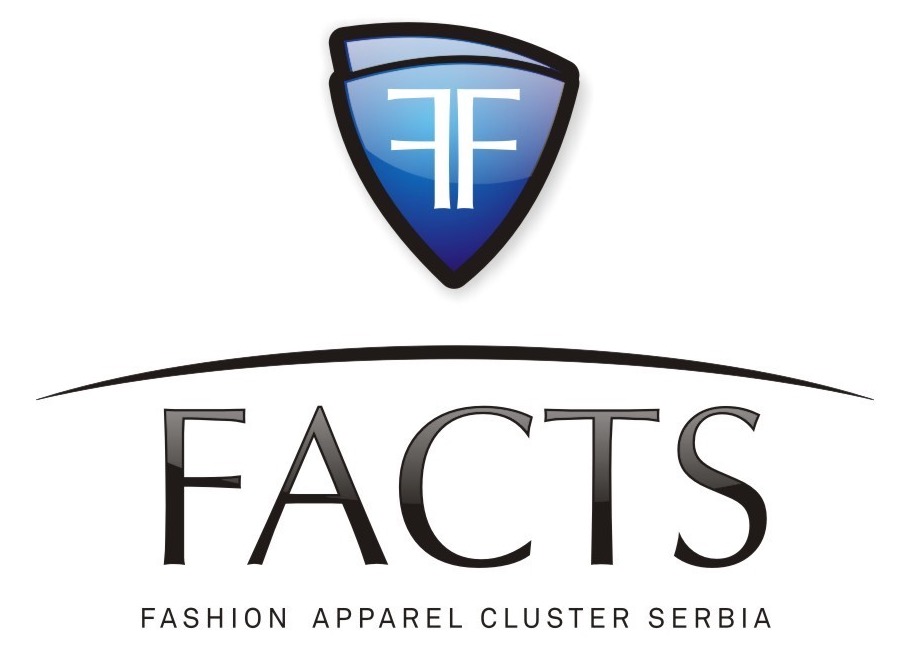The Russian Federation has almost exclusively developed preferential trade relations with the countries of the Union of Independent States. In two waves in 1998 and 2005, as part of negotiations on other economic issues, The EU began talks with Moscow that could be considered as attempts to establish a free trade zone, but the practical steps did not follow. The EFTA countries have hinted something similar in 2007, but further activities in this direction have been linked to the entry of the Russian Federation into the STO.
The Republic of Serbia and Montenegro is the only country outside the Commonwealth of Independent States having a Free Trade Agreement with the Russian Federation of August 2000, by which about 95% of the tariff positions are exempt from payment of customs duties in the mutual trade. In the negotiations with the Russian Federation, the Republic of Serbia achieved additional liberalization, which started with the implementation of the new Free Trade Agreement Exemption Protocol signed on April 3, 2009.
The characteristic of the Free Trade Agreement between Serbia and Russia is that different rules of origin are applied in the trade between them, which is unusual in this kind of agreement, which is usually referred to as the Pan-European Rules of Origin. The rules of origin of goods, which apply in both countries in cases where it is necessary to determine whether the product has acquired domestic origin, are based on the „ad valor em” principle. The principle of the goods is considered to be sufficiently worked or processed if the value of the materials and raw materials used does not exceed 50% of the value of the finished product manufactured by them.
The principle of „bilateral cumulation” is recognized in the mutual trade. Based on this principle raw materials and materials origin from the importing country, which participate in production in the exporting country, are considered as originating raw materials.
Russian rules of origin, besides direct delivery, require immediate purchase, ie payment in the country, from a legal entity registered for activity in Serbia. Certificate of origin of the product, so-called. The Form A certificate is issued by the competent customs authority in Serbia, and in the Russian Federation its Chamber of Commerce and Industry.
See the text of the Agreement and supporting documents:

